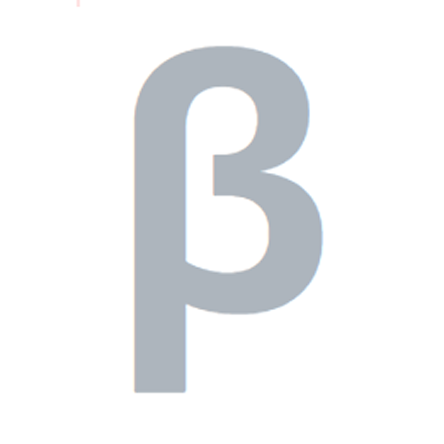Delivery Processes
We have a standard Project Management Framework, which can be varied to work either as an Agile Methodology based on Scrum or as a classic Waterfall Methodology based more loosely on PRINCE2. Our process features 4 key stages: Discovery, Alpha, Beta, Ongoing Maintenance.

Discovery Phase
The goal of this phase is to agree the requirements, outline solution, responsibilities and costs of the project. In fixed price projects, this will be a short step as, we will have agreed much of this prior to contract signature.
During our Discovery Phase (aka Scoping) we will collaboratively agree requirements and prioritise them into a product backlog. In a fixed price project with fixed deliverables of the project this prioritisation is used solely to direct the order in which deliverables are completed, as opposed to an Agile Project where the scope can flex.
Key deliverables are:
- Risk register;
- Prioritised requirements list (including acceptance criteria);
- Requirements Traceability Matrix;
- Management plan (including testing strategy, implementation strategy, training strategy, reporting and escalation methods, roles and responsibilities);
- High-level project plan.

Alpha Phase
By the end of this phase we will know exactly what and how we are going to deliver the solution, including what it looks like (visual design) and how it will be built (technical design).
The visual design workstream will follow a process of analysis and design of the user experience, by analysing the content to be published, agreeing the sitemap, wireframing the design and then producing detailed visual design. Read more about our design process.
In the technical workstream we will define the detailed technical specification of the Umbraco site in our Detailed Design Specification, which includes our approach to implementing the functional requirements as well as addressing non-functional requirements such as localisation, performance, scalability, disaster recovery, session management, and security. The document also specifies integrations with external systems, as well as a technical specification of development tools to used, environments, source control and deployment strategies.
Key deliverables of this phase are:
- Visual Design;
- Pixel perfect PSDs;
- Updated risk register;
- Issue log;
- Detailed project plan;
- Detailed technical design specification (including environment specification, database designs, software architecture, third-party tools and extensions to be used);
- Test plan (including specific environments and data required).

Beta Phase
By the end of this phase we will have built and tested the product and it will be ready to go live.
During this phase we will undertake Sprints (usually of 2 week duration) to deliver a progressively enhancing end product which involves detailed design, coding, testing and deployment to an environment for end user testing. For agile projects this process iterates for the agreed duration of the project, for Fixed Price Projects this continues until all items of scope have been delivered.
Key deliverables of this phase are:
- Source code;
- Databases;
- Evidence of testing;
- Evidence of code reviews;
- Implementation plan;
- Updated risk register;
- Updated issue logs.
Tell us about your project
If you would like us to work with you on the design of a new Umbraco project,
please fill in your details below and we'll contact you with a quote.

